Top Class Actions’s website and social media posts use affiliate links. If you make a purchase using such links, we may receive a commission, but it will not result in any additional charges to you. Please review our Affiliate Link Disclosure for more information.
General Motors faces a proposed class action lawsuit surrounding claims that an alleged vehicle defect can cause the battery in the Chevrolet Bolt to suddenly burst into flames and cause serious injuries.
The Chevy Bolt class action was filed on Nov. 29, 2020, in the U.S. District Court for the Central District of California, naming six plaintiffs, including Michelle Pankow, Arthur Cohen, Bruce James Cannon, Michael Hickey, and John DeRosa, who claim they owned Chevy Bolts with the purported battery defect. The suit also names a minor who allegedly suffered emotional injuries as a result of fire to the home due to the battery in her mother’s Chevy Bolt spontaneously igniting.
The plaintiffs filed the suit on behalf of themselves and others who own Chevy Bolts with model years ranging from 2017 to 2019, asserting that GM made false representations concerning the vehicles’ battery life. The suit alleges violations of the Magnuson Moss Warranty Act and various consumer protection laws in California, Illinois, and Washington, in addition to raising causes of action for fraud, false advertising, unjust enrichment, breach of express warranty, and implied warranty.
Complaint Alleges GM Knew of Chevy Bolt Battery Defects Since 2018
Despite the recall issued on Nov. 13, 2020, the Chevy Bolt class action asserts that GM knew about the hazards but failed to notify the plaintiffs when they made their purchases. “Instead, GM did not perform its recall until several fires occurred in the Class Vehicles,” the plaintiffs claim.
According to the complaint, GM was aware of battery and energy management systems defects since early 2018, having issued a customer satisfaction notice in April 2018 advising those who owned 2017 Chevy Bolts that they should get a software update. Another software update was released in May 2018, followed by another customer satisfaction program in August 2018.
Citing alleged instances of battery fire that occurred in a Chevrolet Volt crash test and in several Tesla Model S vehicles, the complaint also references that the National Transportation Safety Board reported lithium-ion battery fires in 17 Teslas and three BMWs to the United Nations Economic Commission for Europe’s Electrical Vehicle Safety International Working Group.
“Unfortunately, GM traded safety concerns for increased range, pushing the Bolt’s range beyond the battery’s capability in order to market the vehicle’s battery range,” states the lawsuit.
 Plaintiffs Claim They Wouldn’t Have Purchased the Vehicles If They Knew About the Chevy Bolt Battery Defect
Plaintiffs Claim They Wouldn’t Have Purchased the Vehicles If They Knew About the Chevy Bolt Battery Defect
Plaintiff Pankow contends in the complaint that she purchased the vehicle based on representations GM made about its range, compared with others.
According to the lawsuit, she states that although she could charge the vehicle without a problem for several years, it ultimately began showing a more limited projected range after it was fully charged. She said she was informed by the technicians that the issue was not related to the battery, but rather the computer system.
Pankow claims in the suit that after hearing a sound in the garage one night, she came to discover the battery in her Bolt burst into flames while parked and charging.
According to the complaint, fire officials investigated the fire and determined it was in fact caused by the Chevy Bolt battery. As a result of the damage, Pankow asserts her house was a near-total loss. She also alleges that she suffered from smoke inhalation and both she and her child have sustained post-traumatic stress disorder from the occurrence.
While the other plaintiffs in the proposed class action suit don’t allege that their vehicles caught on fire, they claim they would not have purchased the vehicle had they known about the Chevy Bolt battery problem — or they would have paid substantially less.
The GM Chevy Bolt Battery Recall
According to the National Highway Traffic Safety Administration, 50,932 Chevrolet Bolt vehicles are subject to recall due to the fire risk caused by the defective batteries. The recall took effect on Nov. 13, 2020.
The recall affects Chevy Bolt EVs model years 2017-2019 with high voltage batteries, which were made at a facility in Korea. Acknowledging that the batteries pose a fire risk when fully or close to fully charged, GM announced that it is providing dealers with a software update while they continue to investigate the issue, and owners should make changes to the vehicle charge settings. However, the software update will only allow the Chevy Bolt battery to charge up to 90%.
The NHTSA warns those who own Chevy Bolts that due to the potential for the battery to spontaneously ignite and cause fire, vehicle models affected by the recall should be parked outside and away from the home.
The Chevy Bolt Class Action Lawsuit is Michelle Pankow, et al. v. General Motors, LLC, et al., Case No. 5:20-cv-02479 in the United States District Court for the Central District of California.
ATTORNEY ADVERTISING
Top Class Actions is a Proud Member of the American Bar Association
LEGAL INFORMATION IS NOT LEGAL ADVICE
Top Class Actions Legal Statement
©2008 – 2024 Top Class Actions® LLC
Various Trademarks held by their respective owners
This website is not intended for viewing or usage by European Union citizens.

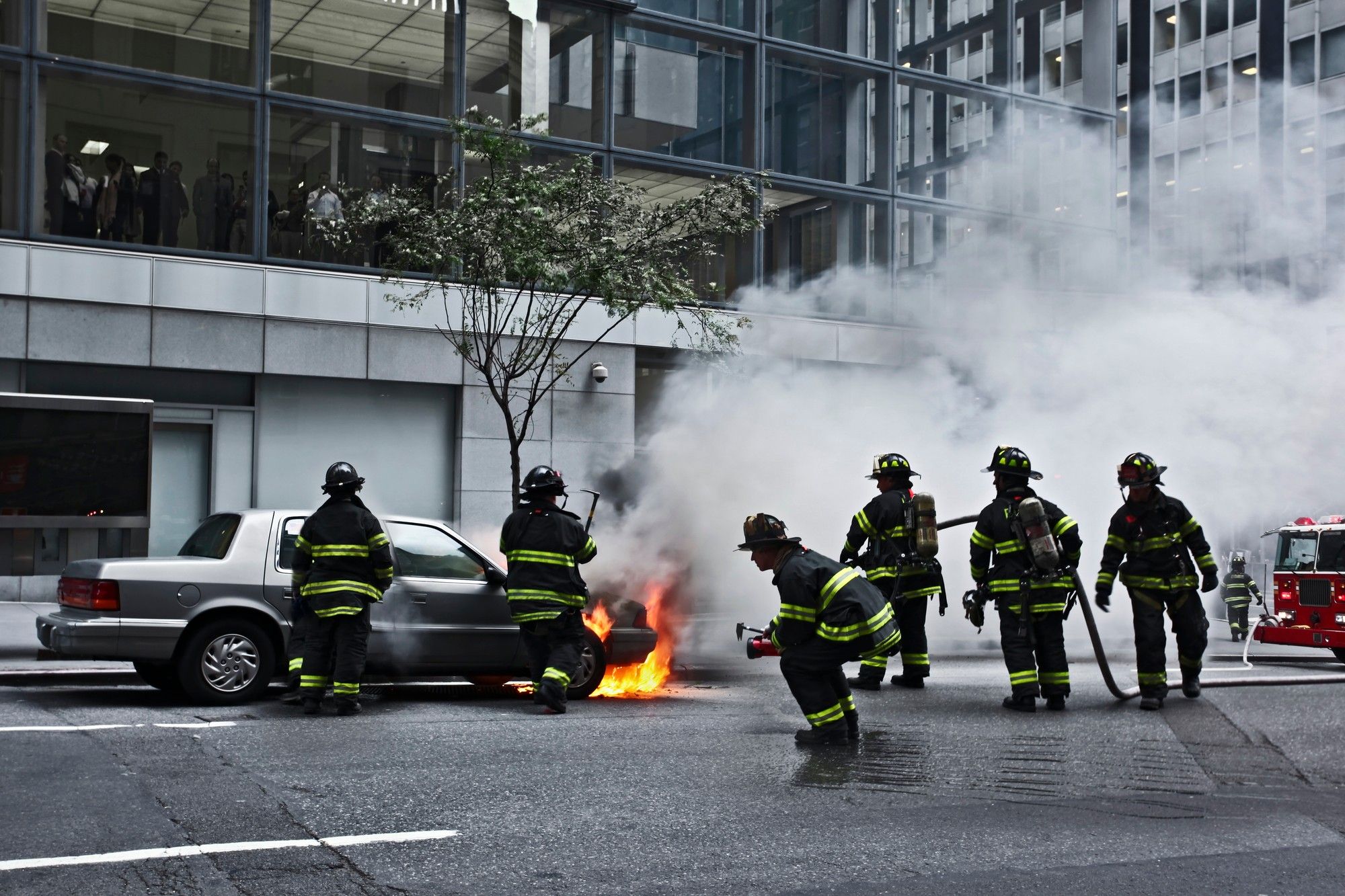
 Plaintiffs Claim They Wouldn’t Have Purchased the Vehicles If They Knew About the Chevy Bolt Battery Defect
Plaintiffs Claim They Wouldn’t Have Purchased the Vehicles If They Knew About the Chevy Bolt Battery Defect






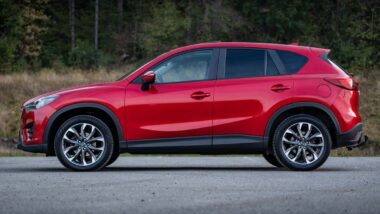

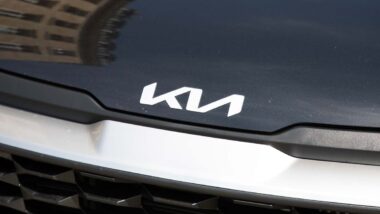
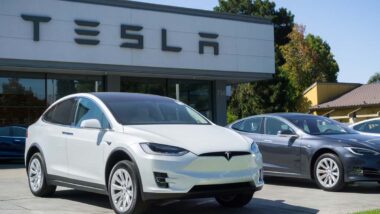
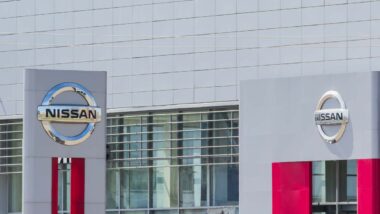

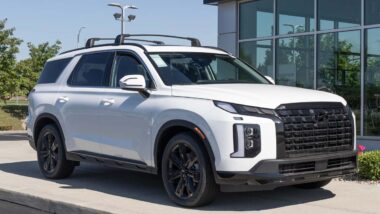
One thought on Lawsuit Claims Chevy Bolt Battery Can Unexpectedly Burst into Flames
Please add me